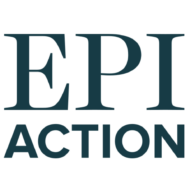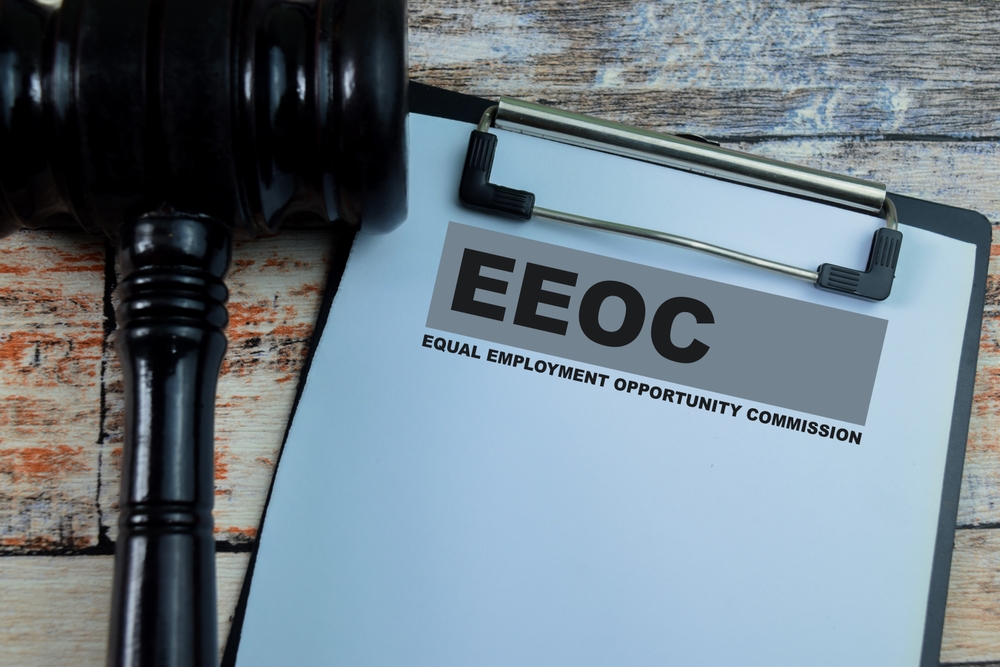By: Adewale Maye and Valerie Wilson
During the first presidential debate, Donald Trump used the term “Black jobs” to falsely claim that immigrants were taking jobs mostly held by Black workers. While this generalization is both harmful and racist, this moment also highlighted the importance of the U.S. Equal Employment Opportunity Commission (EEOC). The EEOC exists to make sure there are no “Black jobs” or “white jobs”, but Trump’s Project 2025 would gut the EEOC’s capacity to protect all workers from discrimination.
Established under the Civil Rights Act of 1964, the EEOC administers and enforces anti-discrimination laws based on a person’s race, color, religion, sex, national origin, age, or disability. Since 1966, the EEOC has required all private employers with 100 or more employees (lower thresholds apply to federal contractors) to file an EEO-1 report, the nation’s most comprehensive source of information on employment by race, ethnicity, sex, and job category at the individual firm level. This report allows the EEOC, employers, and researchers to assess disparities in employment in key job roles and industries and is a vital tool in the EEOC’s enforcement processes.
However, Project 2025 seeks to eliminate the EEO-1 form, which would gut the EEOC’s enforcement capacity of anti-discrimination law and make it impossible to demonstrate the disparate impact of an employer’s workplace policies and practices.
Here are the top three reasons why this dangerous proposal would be bad for workers.
- Make it harder to pursue civil rights lawsuits: Eliminating EEO-1 data collection would weaken the EEOC’s authority to file, mediate, and settle discrimination lawsuits against employers on behalf of workers.
- Hamper investigations of employers: Ending EEO-1 data collection would reduce the EEOC’s ability to monitor workplace compliance and investigate potential patterns of discrimination.
- Leave all workers vulnerable to discrimination: By eliminating EEO-1 data collection, the EEOC will no longer have the information it needs to hold employers accountable to providing all workers with equal employment opportunities.

